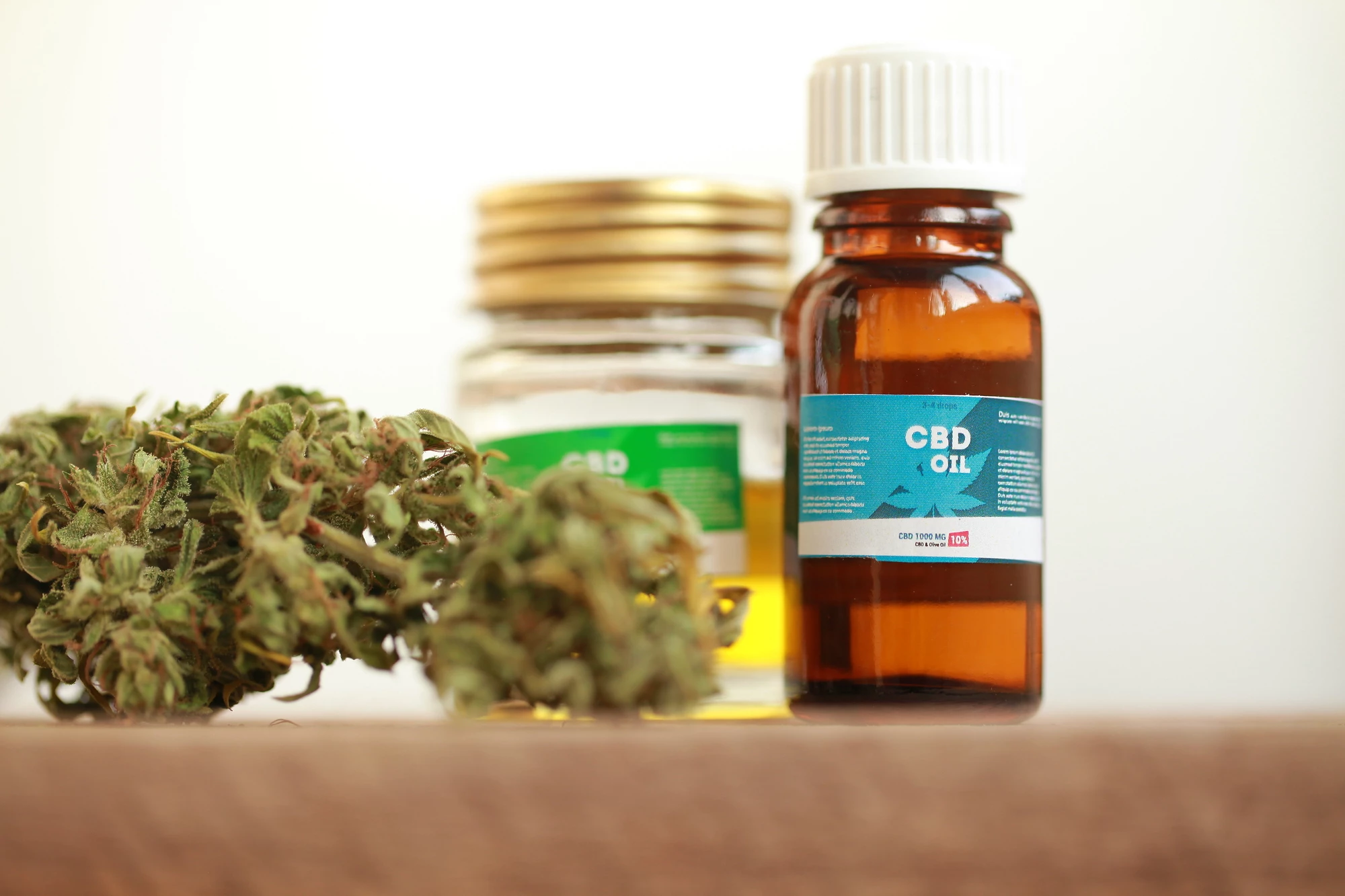A new study, led by researchers from University College London, is offering some of the first robust evidence showing how cannabidiol (CBD), a key compound in cannabis, increases cerebral blood flow in memory processing regions of the brain such as the hippocampus.
CBD is just one of more than 100 different cannabinoids found in cannabis. Tetrahydrocannabinol (THC) is the compound most often associated with the plant’s psychoactive euphoric effects. CBD on the other hand is increasingly being found to confer a number of positive health outcomes. It recently became the first cannabis-derived compound ever approved by the FDA, used to reduce seizures in severe forms of epilepsy.
“There is evidence that CBD may help reduce symptoms of psychosis and anxiety,” says lead author on the new study, Michael Bloomfield. “There is some evidence to suggest that CBD may improve memory function. Additionally, CBD changes how the brain processes emotional memories, which could help to explain its reputed therapeutic effects in PTSD and other psychiatric disorders. However, the precise mechanisms underlying the effects of CBD on memory are unclear.”
Considering the long-standing stereotype of a dopey forgetful cannabis user, it may seem counterintuitive to suggest a compound in cannabis can improve memory function. But recent research has found some of the negative psychiatric conditions linked to cannabis use may be primarily due to THC, and CBD can potentially negate those ill effects.
This new research looked to measure the acute effects of CBD on cerebral blood flow in brain regions associated with memory processing. Baseline blood flow measurements were the key metric studied, based on prior research findings suggesting higher resting hippocampal blood flow can be linked to better memory performance.
Fifteen healthy subjects were recruited and brain scanned after being given either a placebo or a 600 mg capsule of CBD. Cerebral blood flow was measured using a magnetic resonance imaging (MRI) technique called arterial spin labelling.
The results revealed significant increases in hippocampal blood flow following a single CBD dose. However, the study interestingly noted similar blood flow increases were not seen in other nearby brain regions of the medial temporal lobe. Blood flow increases were also seen in the orbitofrontal cortex, a region known for decision making.
“To our knowledge, this is the first study to find that CBD increases blood flow to key regions involved in memory processing, particularly the hippocampus,” says Broomfield. “This supports the view that CBD has region-specific blood flow effects in the human brain, which has previously been disputed.”
Additional tests conducted on the cohort found the single dose of CBD did not confer any improvements to memory task performance. So this research certainly does not conclude CBD is an acute memory-boosting compound. Instead, the study points to compelling new research directions investigating the potential for CBD to help treat neurological conditions known to be related to region-specific blood flow abnormalities.
“If replicated, these results could lead to further research across a range of conditions characterized by changes in how the brain processes memories, including Alzheimer’s disease, where there are defects in the control of blood control flow, along with schizophrenia and post-traumatic stress disorder," says Broomfield.
The new study was published in the Journal of Psychopharmacology.
Source: University College London




